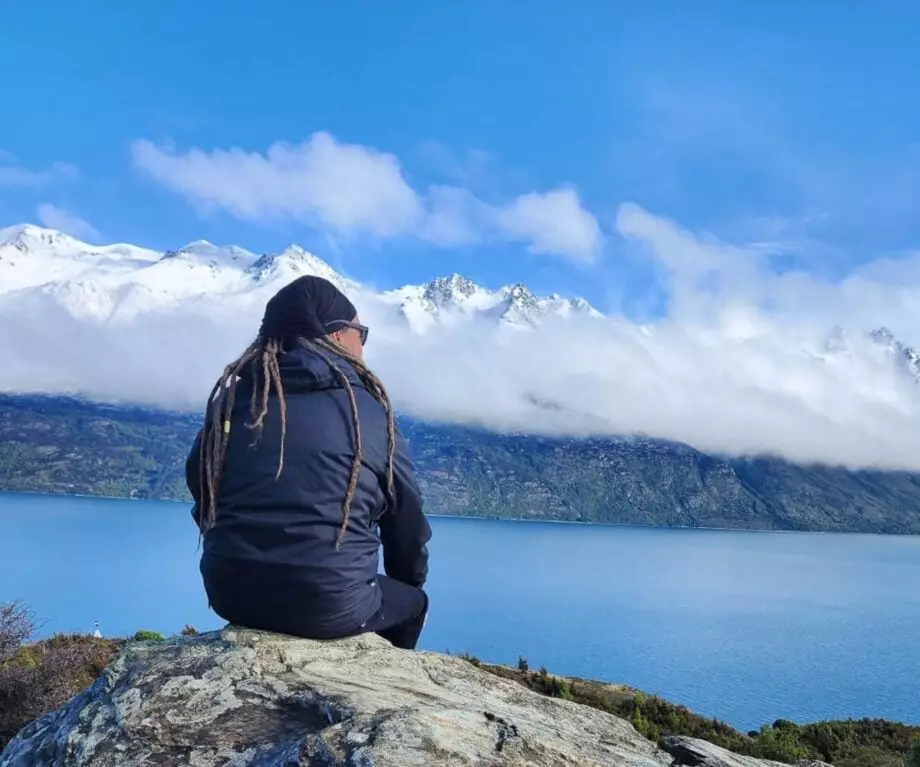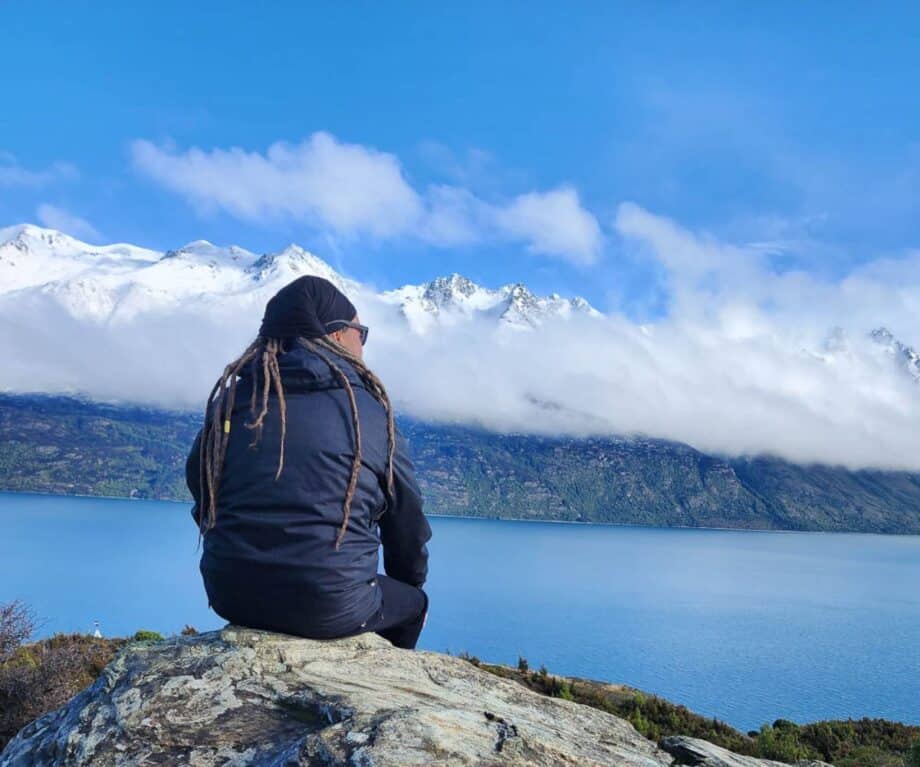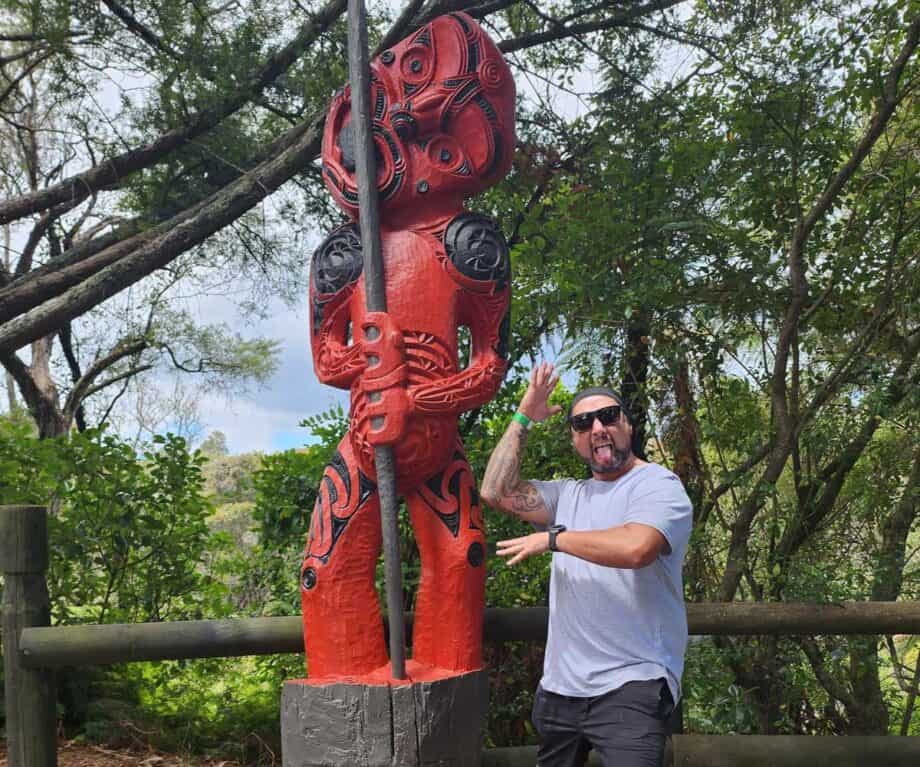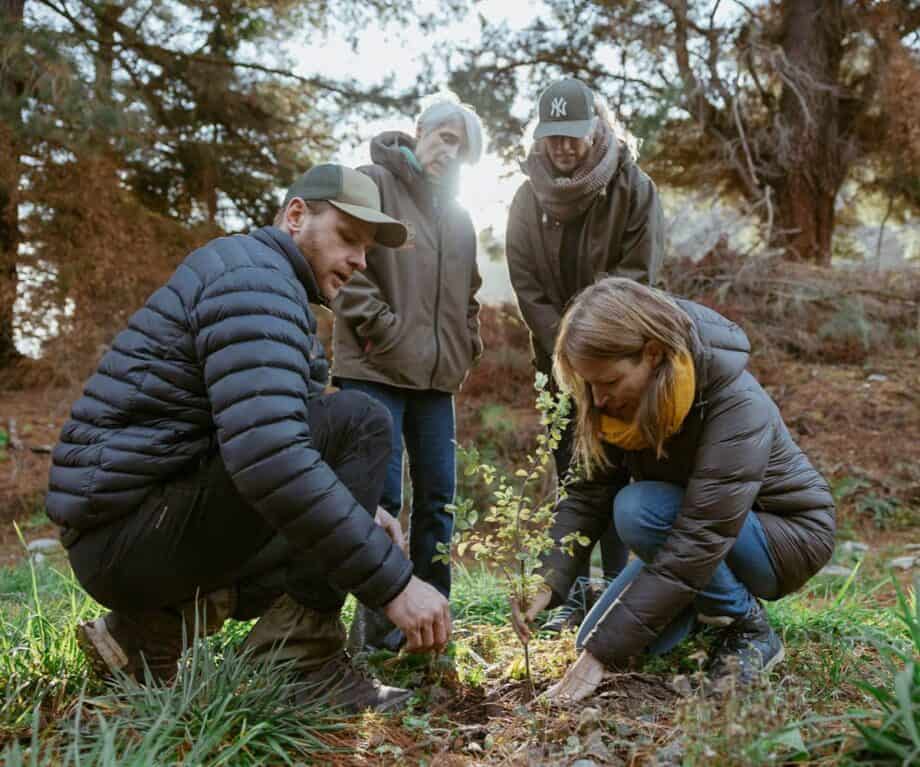Amidst the thriving tourism industry in New Zealand (Aotearoa), the importance of preserving and restoring the country’s stunning landscapes, diverse ecosystems, and rich Māori culture has become increasingly apparent. Unlike other destinations, New Zealand takes a distinctive approach to sustainable tourism, drawing inspiration from indigenous Māori principles and worldviews. At the heart of this approach lies the concept of kaitiakitanga, which emphasizes the guardianship and interconnectedness between nature and all living entities. This article explores how this unique perspective shapes the tourism industry in New Zealand, highlighting two exemplary tour companies, Manawa Tours and Tiaki Tours, that exemplify this commitment to sustainability.
As the owner and director of Manawa Tours, James Beckett embodies the essence of kaitiakitanga. His tours go beyond mere sightseeing, offering visitors an immersive experience into Māori culture, stories, and values. For James, connection with the land runs deep, and he sees it as more than just a beautiful backdrop. He views the land as a living being that sustains and nurtures both the Māori people and travelers alike.
Respect for the land is the foundation of Manawa Tours. They treat it as a taonga, a treasure, giving rise to their motto of “taking only memories and leaving only footprints.” By experiencing New Zealand through a Māori lens, travelers gain a deeper understanding and appreciation for the cultural and ecological significance of the places they visit. Manawa Tours serves as a bridge between cultures, fostering cultural cross-pollination, and promoting a more immersive experience for travelers.
Another outstanding example of sustainable tourism in New Zealand is Tiaki Tours. This boutique, family-run tour company offers a personalized Kiwi experience rooted in the principles of manaakitanga, kaitiakitanga, and whanaungatanga. Tiaki Tours goes beyond conventional travel, focusing on the care and wellbeing of its guests, while also acting as stewards of New Zealand’s natural environment.
By embracing the Māori value of kaitiakitanga, Tiaki Tours guides take on the responsibility of caring for the land and its ecosystems. They aim to create a deep connection between travelers and the environment by prioritizing eco-centred tours, eco-friendly transport, localised travel, and regenerative planting. Furthermore, Tiaki Tours ensures they work exclusively with sustainably inclined companies and actively track their carbon output.
The company’s commitment extends to acknowledging and expressing gratitude to the tangata whenua, the original inhabitants of New Zealand. By inviting travelers to become a part of the story that intertwines cultural heritage with the land, Tiaki Tours encourages a deep sense of appreciation and respect for the country’s indigenous people and their relationship with the environment.
The distinctive approach to sustainable tourism in New Zealand sets it apart from other destinations around the world. By embracing the indigenous principles of kaitiakitanga, manaakitanga, and whanaungatanga, the tourism industry in New Zealand promotes a profound understanding and appreciation of both the cultural and ecological significance of the land. Tour companies like Manawa Tours and Tiaki Tours serve as role models for fostering a balanced union between cultural consideration and environmental sustainability. Through their dedication and commitment, they not only ensure the preservation of New Zealand’s natural beauty but also provide travelers with transformative experiences that extend beyond the superficial. As the world continues to prioritize sustainable tourism practices, New Zealand’s unique approach serves as an inspiring example for destinations around the globe.





Leave a Reply